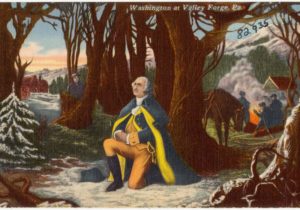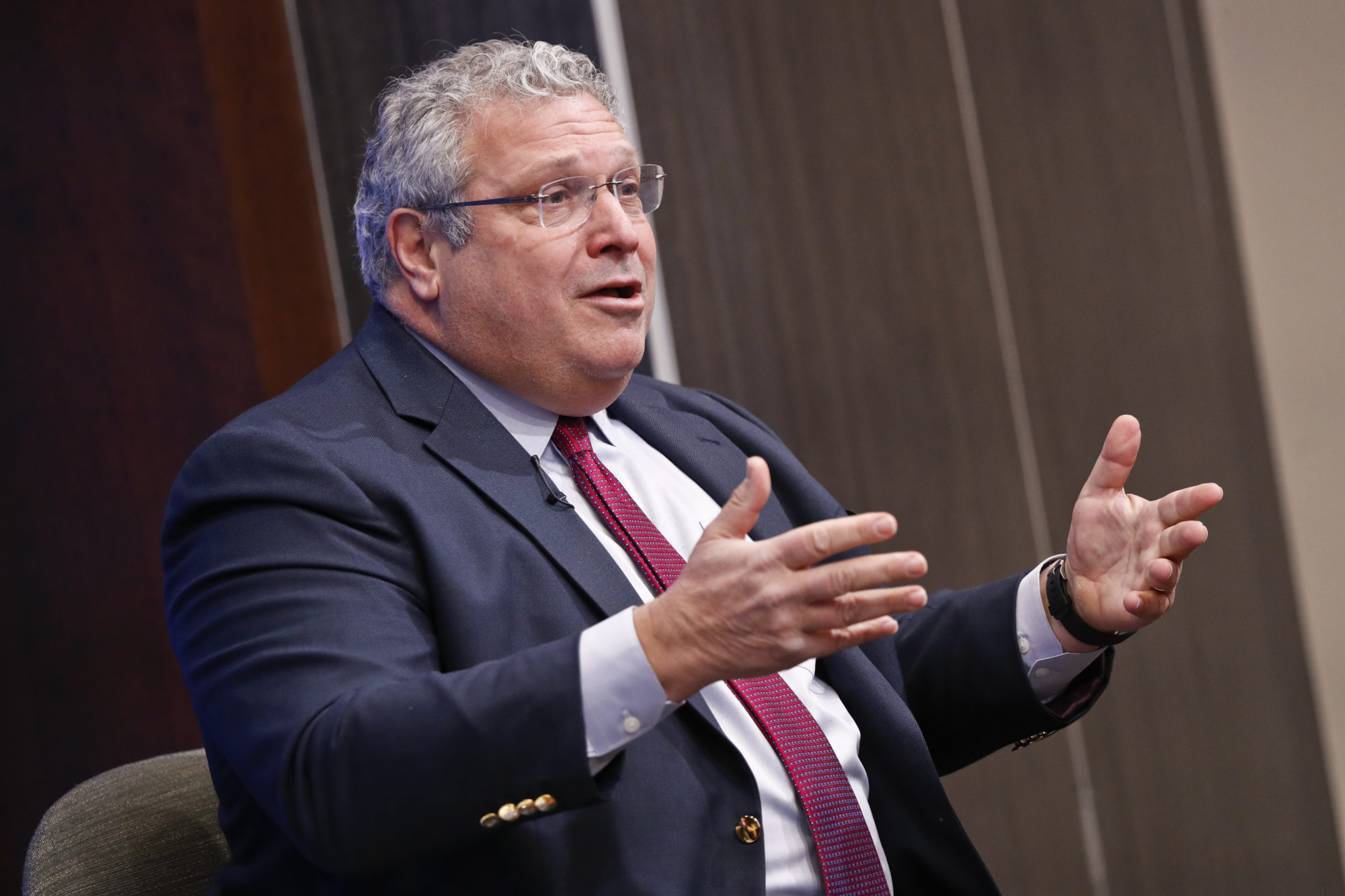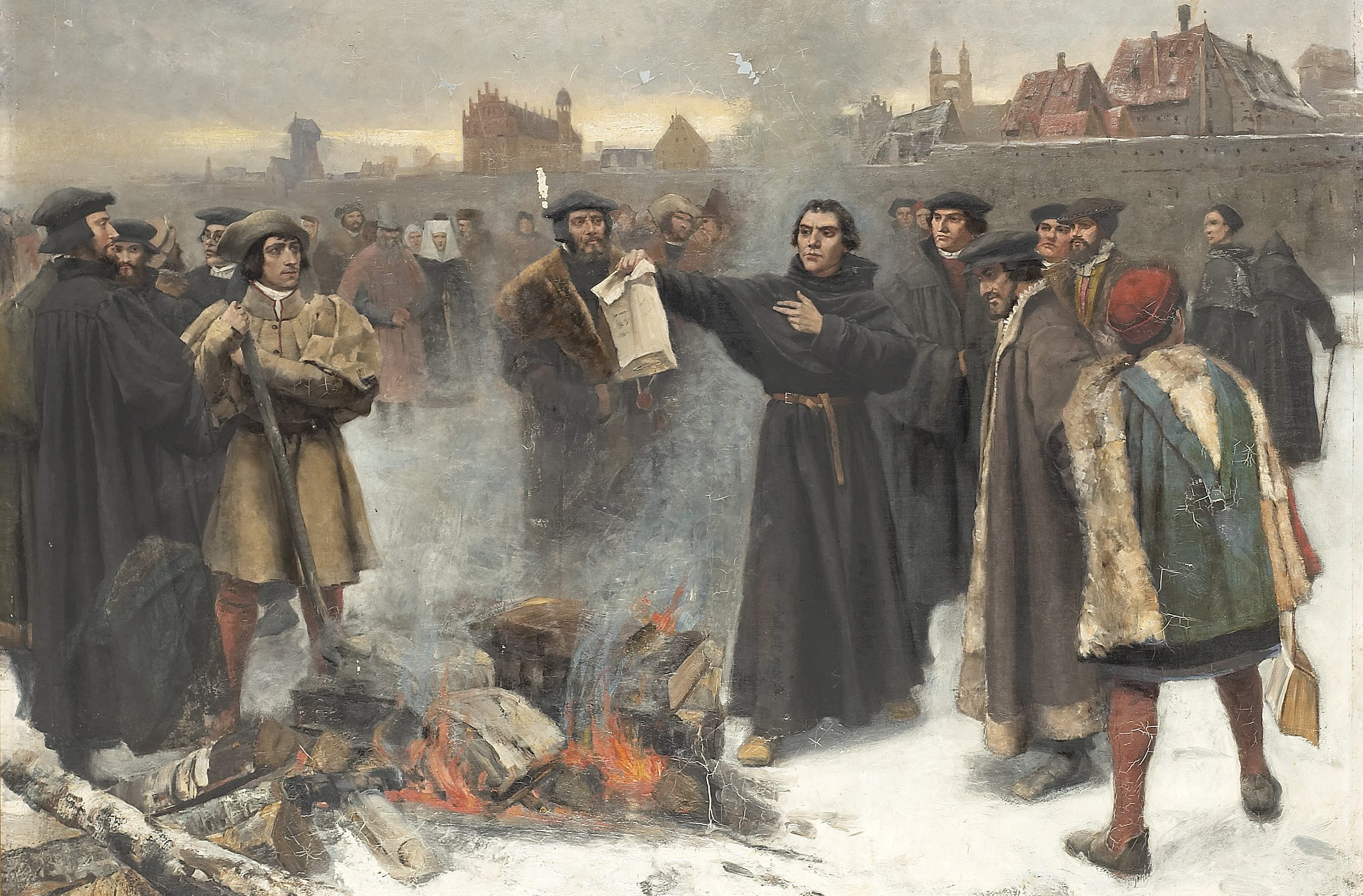The Principles of American Liberalism
A Patriotic Review of The Religion of American Greatness: What’s Wrong with Christian Nationalism, InterVarsity Press, 2022.
Christian WinterSeptember 13, 2022
What Robert Kagan Gets Wrong about Liberalism and Authoritarianism
Robert Kagan is correct that there are political movements that oppose neoliberal and neoconservative universalism. Authoritarianism is one of them. So, too, is Tocquevillian liberalism.
Joshua MitchellMay 2, 2019
Our Dual Heritage of Freedom: Reformation & Enlightenment
This article, delineating the two kinds of freedom found in the tradition of Western civilization, was originally published in Christianity and Crisis on October 19th, 1942. Editor Henry P. Van Dusen clarifies the two strands of freedom that have developed in European thought. One comes from the Protestant Reformation, a freedom that comes as a result of being created in God’s image and the rights that entail; the other comes from the Enlightenment, a freedom that is intrinsic to man’s nature and “self-evident,” something that is somehow apparent to all.
Christianity & Crisis MagazineSeptember 21, 2017




 Sponsor a student for Christianity & National Security 2024
Sponsor a student for Christianity & National Security 2024